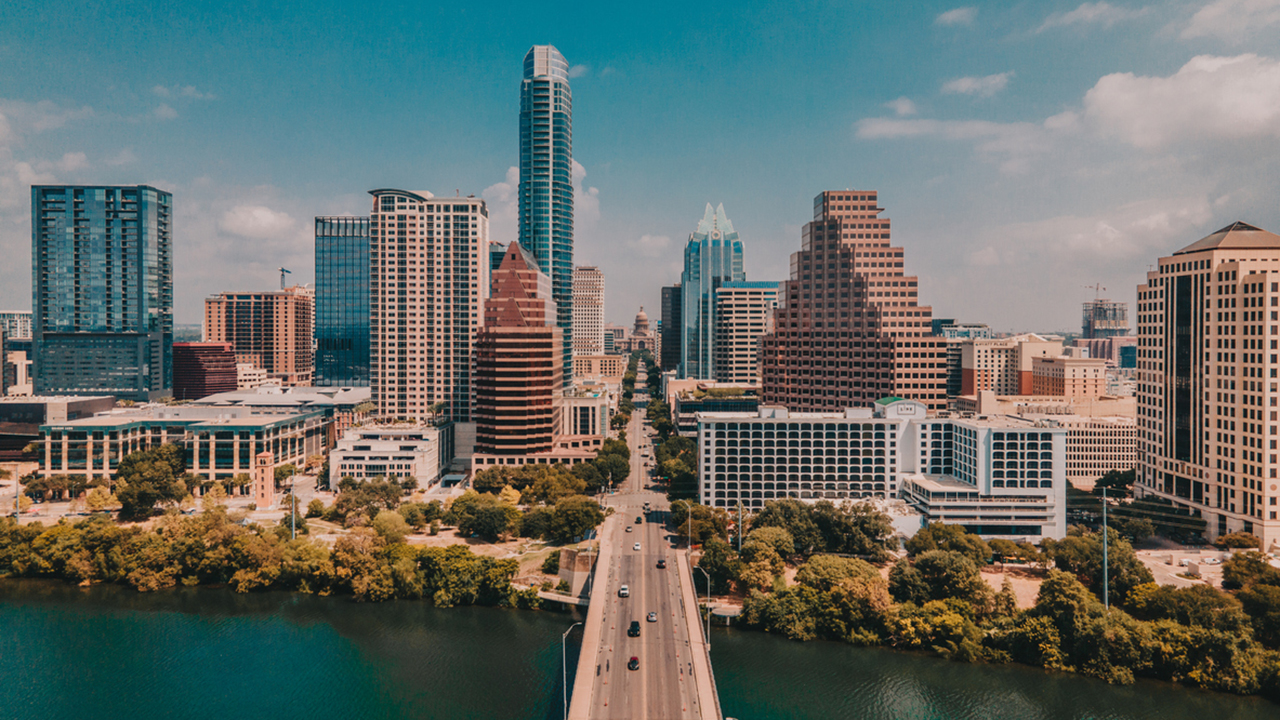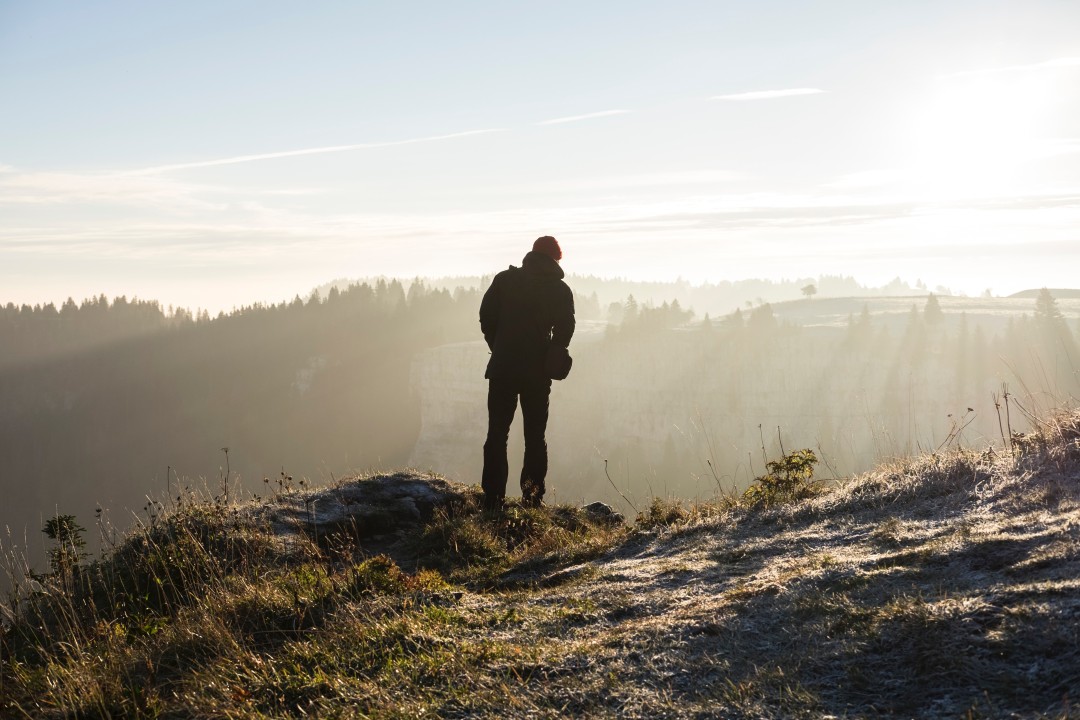In today’s fast-paced world, travel has become more accessible than ever. Cheap flights, online bookings, and social media have opened the doors to every corner of the planet. But with that freedom comes a new responsibility: to travel mindfully and sustainably.
Whether you’re a frequent flier or planning your first big trip, it’s time to think beyond the Instagram photo ops. Traveling sustainably isn’t just a trend—it’s a conscious choice to protect our planet, support local communities, and preserve the beauty that inspires us to explore in the first place.
So, how can you embrace more responsible travel without sacrificing adventure or comfort? Let’s dive into a complete guide on how to travel more mindfully and sustainably.
What Is Mindful and Sustainable Travel?
Mindful travel means being present and intentional in how and why you travel. It involves considering the impact of your actions on the places you visit—socially, culturally, and environmentally.
Sustainable travel goes hand in hand with this mindset. It’s about minimizing your negative footprint while maximizing the positive impact—on people, nature, and heritage.
Together, they offer a more fulfilling and conscious way to see the world.
1. Choose Greener Transportation Options
Transportation is one of the largest contributors to a traveler’s carbon footprint. But a few smart choices can make a big difference:
Fly Less, Stay Longer
Instead of hopping between multiple destinations, opt for slow travel. Spend more time in fewer places to cut down on flights and truly connect with a location.
Offset Your Carbon Emissions
When flying is unavoidable, consider carbon offset programs. Many airlines allow you to contribute to projects like tree planting or renewable energy to balance your flight’s emissions.
Use Public Transit
Buses, trains, and subways are not only eco-friendly, but they also offer a more local experience. In many cities, cycling and walking are great low-impact ways to explore.
2. Book Eco-Friendly Accommodations
Your hotel or lodging choice matters more than you might think. Look for eco-certified hotels, green hostels, or eco-lodges that prioritize sustainability through:
- Renewable energy use
- Waste reduction and recycling programs
- Locally sourced food and decor
- Water conservation systems
- Ethical employment practices
Websites like EcoBnB, Green Pearls, and BookDifferent can help you find sustainable stays around the world.
3. Eat Local and Seasonal
Food plays a massive role in both culture and sustainability. Here’s how to eat more responsibly while traveling:
- Support local restaurants and food stalls instead of international chains
- Choose plant-based meals when possible—meat production has a heavy environmental toll
- Eat seasonal produce, which requires less transport and supports local farmers
- Avoid single-use plastics like bottled water and cutlery—bring a refillable bottle and reusable utensils
By eating like a local, you not only reduce your environmental impact but also enjoy more authentic culinary experiences.
4. Pack Light and Smart
Packing light doesn’t just make your trip easier—it’s also better for the environment. Heavier luggage means more fuel used, especially on flights.
Here are some packing tips for mindful travelers:
- Bring multi-purpose clothing
- Pack reusable items: water bottle, tote bag, bamboo cutlery, shampoo bars
- Avoid overpacking—stick to the essentials
- Carry reef-safe sunscreen and eco-friendly toiletries to reduce chemical pollution
Minimalism while traveling promotes a freer, more flexible experience and helps reduce waste on the road.
5. Respect Nature and Wildlife
Whether you’re hiking in the Himalayas or snorkeling in the Maldives, be a respectful guest in nature’s home:
- Stick to marked trails to avoid damaging ecosystems
- Never feed or touch wildlife—it can harm animals and disrupt behavior
- Take only memories, leave only footprints
- Avoid animal entertainment venues like elephant rides or captive dolphin shows
Choose ethical wildlife experiences that focus on conservation, not profit.
6. Engage with Local Communities Respectfully
Cultural exchange is one of the most rewarding parts of travel. But it should always be done with respect and awareness:
- Learn a few basic words in the local language—it goes a long way
- Buy souvenirs directly from local artisans, not mass-produced vendors
- Ask before taking photos of people, especially in rural or religious areas
- Support community-based tourism initiatives, such as homestays or guided tours run by locals
This not only enriches your experience but also ensures that your money stays within the community.
7. Reduce Waste on the Go
Waste management can be a huge issue in popular travel destinations. As a traveler, you can minimize your contribution:
- Say no to plastic bags, straws, and single-use bottles
- Bring reusable containers for snacks or take-out meals
- Recycle wherever facilities are available
- Avoid printed brochures or tickets—go digital when possible
Every small action counts, especially when multiplied by millions of travelers.
8. Educate Yourself Before You Go
Being a mindful traveler begins long before you leave home:
- Research local customs, traditions, and taboos
- Understand the environmental challenges of the destination (e.g., water scarcity, over-tourism)
- Choose ethical tour operators who support conservation and local employment
- Stay informed about how tourism affects the region you’re visiting
A little homework can prevent cultural missteps and ensure a more enriching experience.
9. Support Responsible Tourism Initiatives
When choosing activities, opt for organizations that reinvest in the local community or environment. This includes:
- Volunteer tourism (voluntourism) programs—just ensure they’re ethical and needed
- Fair-trade or women-led enterprises
- Conservation-based tours (e.g., turtle hatcheries, reforestation efforts)
These efforts not only enrich your travel experience but also leave a positive legacy behind.
Conclusion
Travel has the power to broaden minds, inspire compassion, and build bridges across cultures. But with that power comes responsibility.
By choosing to travel more mindfully and sustainably, you become part of a movement that respects the planet, protects its people, and preserves the beauty of exploration for generations to come.
It’s not about perfection—it’s about progress. Every small action you take contributes to a bigger impact.
So the next time you plan a trip, ask yourself: “How can I make this journey a little lighter on the world?” Your future self—and the planet—will thank you.




